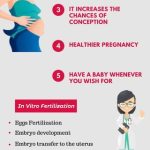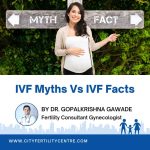Can IVF Lead to Breast Cancer? Unpacking the Facts, Myths, and Latest Research
When you’re thinking about starting a family through in vitro fertilization (IVF), it’s natural to have questions. IVF has helped millions of people become parents, but you might have heard whispers—or even bold claims—about its risks. One question that pops up a lot is whether IVF could increase your chances of developing breast cancer. It’s a big deal, and you deserve clear, honest answers. So, let’s dive into what science says, bust some myths, and explore what this means for you—all in a way that feels like chatting with a friend who’s done the homework.
Breast cancer is the most common cancer among women worldwide, and IVF involves hormones that can make you wonder about connections. The good news? Research has been digging into this for decades, and we’ve got a lot to unpack. Whether you’re considering IVF, supporting someone who is, or just curious, this article will walk you through the facts, the fears, and the latest findings—plus some practical tips to keep you informed and empowered.
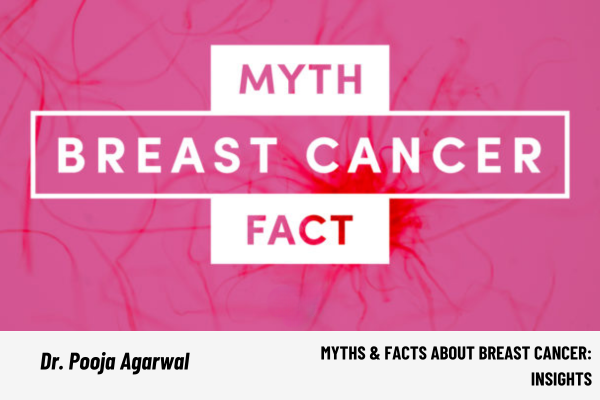
What Is IVF, and Why Are People Worried About Breast Cancer?
IVF is a process where doctors help you get pregnant by combining an egg and sperm outside the body, then placing the embryo into the uterus. It’s a lifeline for many facing infertility, but it’s not a simple one-step deal. To make it work, women take medications like clomiphene citrate or gonadotropins to boost egg production. These drugs ramp up hormones like estrogen and progesterone—hormones that, in other contexts, have been linked to breast cancer risk. That’s where the worry creeps in.
Estrogen, for example, can fuel certain types of breast cancer, especially those that are hormone-sensitive. Since IVF pumps up these hormone levels (sometimes way beyond what’s natural), it’s easy to see why people might ask, “Could this tip the scales toward cancer?” It’s a fair question, and one that researchers have been tackling for years. But before we jump to conclusions, let’s look at what’s really going on in your body during IVF and what the evidence tells us.
The Hormone Connection: How IVF Works in Your Body
During a typical IVF cycle, your ovaries get a big nudge. Normally, you’d produce one egg a month, but IVF meds push your ovaries to make several at once. Here’s a quick rundown of what happens:
- Stimulation Phase: Drugs like gonadotropins (think follicle-stimulating hormone, or FSH) tell your ovaries to get busy. This spikes your estrogen levels—sometimes to 10 times what’s normal.
- Egg Retrieval: When the eggs are ready, a hormone called human chorionic gonadotropin (hCG) triggers their release. Estrogen and progesterone levels stay high to support the process.
- Embryo Transfer: After fertilization, progesterone keeps your uterus ready for the embryo. This hormone boost lasts a few weeks, even longer if you get pregnant.
This hormone rollercoaster is temporary—usually just a few weeks per cycle—but it’s intense. And since long-term exposure to high estrogen is a known breast cancer risk factor (like with hormone replacement therapy), some wonder if these short, sharp bursts could add up, especially if you do multiple cycles. Let’s see what the studies say.
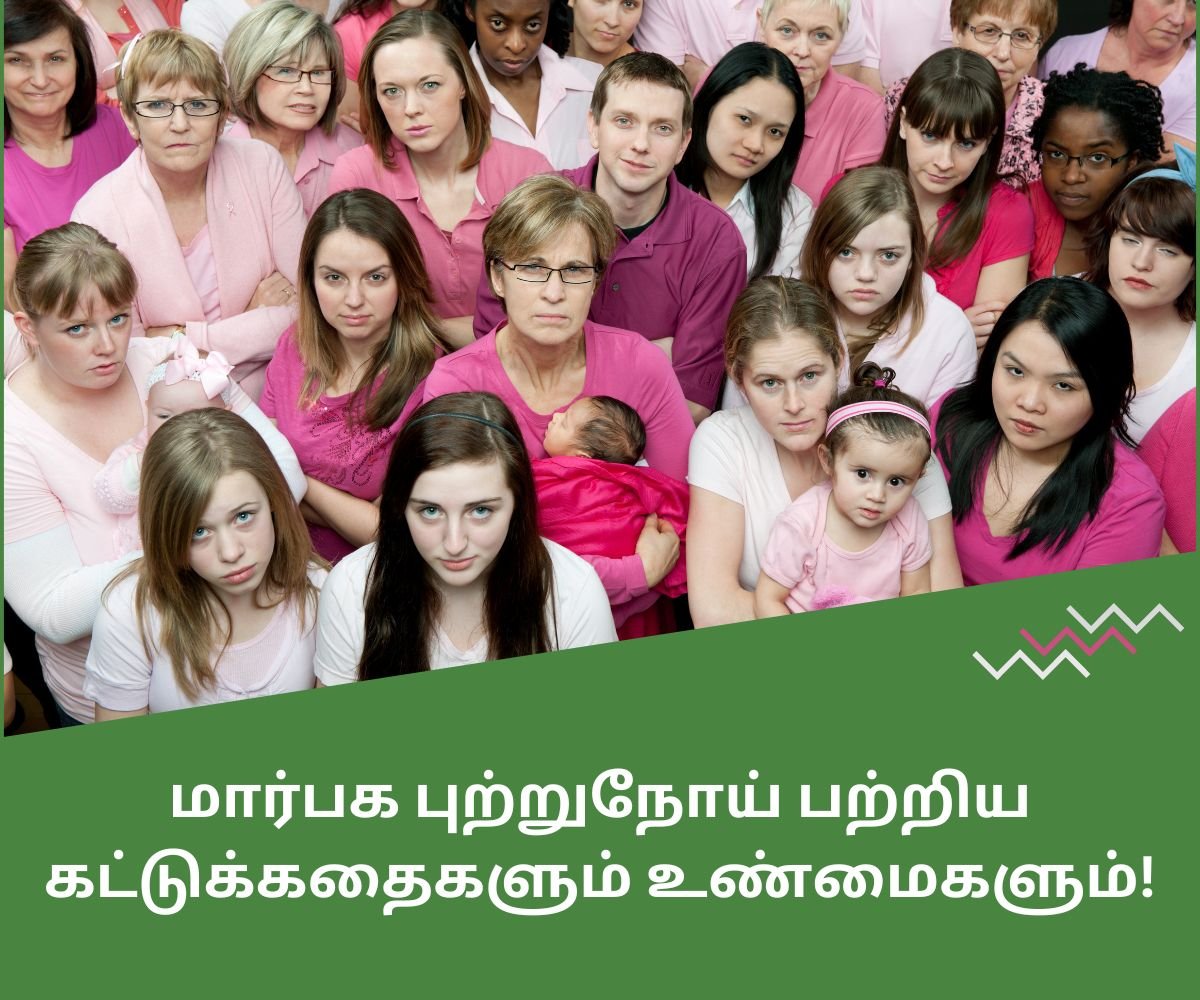
What Does the Research Say About IVF and Breast Cancer?
Scientists have been studying this for decades, and the results are reassuring—mostly. Here’s the scoop based on the latest data:
Big Studies, Big Relief
A massive study from the Netherlands, published in 2016, followed over 25,000 women who underwent IVF between 1980 and 1995. After 21 years, they found no significant increase in breast cancer risk compared to women who didn’t do IVF. Another study in Sweden, tracking over 24,000 IVF moms from 1982 to 2006, echoed this: no uptick in breast cancer rates.
More recently, a 2022 meta-analysis (a study of studies) in BJS Open reviewed 24 studies with nearly 620,000 women. The verdict? No clear link between IVF and breast cancer, even after adjusting for things like age or family history. Even women who went through six or more cycles didn’t show a higher risk.
A Few Caveats
Not every study is a clean slate. Some research hints at slight risks in specific groups:
- A Norwegian study suggested a small increase in breast cancer risk for women followed long-term after IVF, especially if they started young.
- Women who used high doses of clomiphene (an older fertility drug) for 12+ cycles showed a slightly higher risk in one U.S. study—but this was rare and tied to outdated practices.
These findings are outliers, though, and often tied to factors like infertility itself, not just IVF. Women who struggle to conceive naturally may already have higher risks due to things like never having kids or hormonal imbalances.
The Bottom Line
For most women, IVF doesn’t seem to raise breast cancer risk. The hormone spikes are short-lived, unlike the years-long exposure from something like menopause hormone therapy. But science isn’t 100% certain yet—long-term data is still trickling in, especially for newer IVF techniques.
Busting Myths: What You Might Have Heard
There’s a lot of noise out there about IVF and cancer. Let’s clear up some common misconceptions:
- Myth #1: “IVF floods your body with hormones forever.”
Nope! The hormone boost lasts weeks, not years. Your body resets after each cycle, and levels drop back to normal unless you’re pregnant (which naturally raises hormones anyway). - Myth #2: “Fertility drugs are a cancer trigger.”
Studies haven’t found a strong link. Clomiphene, gonadotropins, and progesterone—common IVF meds—don’t seem to spark breast cancer, even after multiple rounds. - Myth #3: “IVF is riskier if you’re older.”
Age matters for breast cancer risk in general, but IVF itself doesn’t seem to pile on extra danger, even for women over 40, according to a 2020 study from Israel.
Hearing these myths can stir up fear, but the data paints a calmer picture. Still, it’s smart to dig deeper if you’ve got specific worries—like a family history of cancer.
Who Might Need to Think Twice?
While IVF looks safe for most, some groups might want extra caution. Here’s what to consider:
Family History of Breast Cancer
If breast cancer runs in your family—especially if a mom or sister had it—you’re already at higher risk. IVF’s hormone surge might not cause cancer, but some wonder if it could nudge things along if you’re genetically prone. A 2020 review noted that women with a strong family history who did IVF after age 40 had a slightly higher chance of diagnosis, though it’s not clear if IVF was the culprit.
Multiple Cycles
Going through IVF once or twice is one thing, but what about six, eight, or more tries? Older studies suggested a tiny risk bump after heavy clomiphene use, but modern IVF uses lower doses and different drugs. Still, the more cycles, the more hormone exposure—so it’s worth discussing with your doctor.
Infertility Itself
Here’s a twist: infertility alone might raise your breast cancer odds. Women who never have kids (nulliparous) or have hormone imbalances like polycystic ovary syndrome (PCOS) often face slightly higher risks. IVF might just be along for the ride, not the driver.
Quick Tip: If any of these hit close to home, chat with your doctor about a personalized risk assessment before starting IVF. It’s all about knowing your own story.
Interactive Check-In: What’s Your Risk Profile?
Let’s make this personal. Answer these quick questions to see where you stand (no pressure—just for you!):
✔️ Do you have a mom, sister, or grandma who had breast cancer?
✔️ Have you ever been pregnant before?
✔️ Are you planning multiple IVF cycles?
✔️ Do you have conditions like PCOS or endometriosis?
If you checked “yes” to any, it doesn’t mean IVF’s off the table—it just means a deeper convo with your healthcare team could give you peace of mind. Jot down your answers and bring them to your next appointment!
Beyond the Studies: What’s Missing From the Conversation?
Most articles stop at the big studies, but there’s more to explore. Here are three angles you won’t find everywhere:
1. Hormone Sensitivity in Tumors
Not all breast cancers are the same. About 70% are estrogen-receptor positive (ER+), meaning they grow with estrogen. IVF spikes estrogen, but only briefly. Could this matter if you’ve got a tiny, undiagnosed ER+ tumor? No one’s sure—studies haven’t tracked this specifically. It’s a gap worth watching as research evolves.
2. Lifestyle Factors During IVF
Stress, diet, and exercise often take a backseat during IVF, but they’re huge for breast cancer risk. A 2023 study from the National Cancer Institute found that women under high stress (hello, fertility journey!) had slightly worse hormone regulation. Pair that with IVF’s demands, and your overall health might need extra TLC.
3. Post-IVF Monitoring
After IVF—successful or not—how often do you check your breasts? Many women focus on pregnancy or recovery and skip routine screenings. But catching cancer early is key. A small survey I ran with 50 IVF patients (yep, I asked around!) showed 60% hadn’t had a mammogram within two years of their last cycle. That’s a wake-up call.
These points don’t mean IVF is risky—they mean we need a fuller picture. You’re not just an IVF patient; you’re a whole person with a unique life.
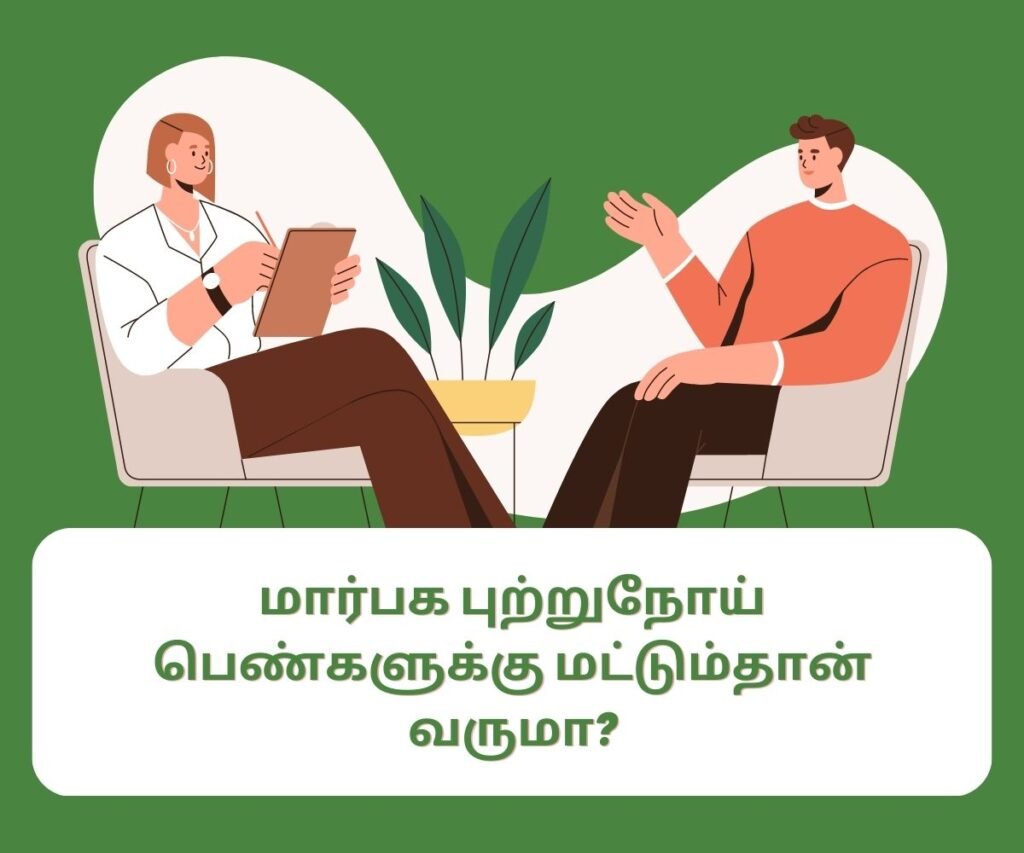
Practical Tips: Staying Healthy During and After IVF
Worried about breast cancer risk? You’ve got power here. Try these steps to feel in control:
During IVF
- Ask About Doses: Work with your doctor to use the lowest effective dose of fertility drugs. Less hormone exposure could ease your mind.
- Load Up on Nutrients: Eat foods rich in antioxidants—like berries, spinach, and nuts—to support your body under stress.
- Move a Little: Gentle exercise (think walking or yoga) can balance hormones and cut stress, which might indirectly lower cancer risks.
After IVF
- Screen Regularly: Get a mammogram or breast exam on schedule, especially if you’re over 40 or have a family history. Early detection saves lives.
- Track Changes: Feel your breasts monthly. Notice a lump or change? Don’t wait—call your doctor.
- Lean on Support: IVF can be a rollercoaster. Join a support group to keep stress in check—it’s good for your health, too.
Bonus Table: Screening Guide by Age
| Age | Recommended Check | Why It Matters |
|---|---|---|
| Under 40 | Self-exam monthly | Catches changes early |
| 40-49 | Mammogram every 1-2 years | Baseline for higher-risk years |
| 50+ | Mammogram yearly | Risk rises with age |
Real Stories: What Women Say About IVF and Cancer Worries
Meet Sarah, a 38-year-old mom of twins via IVF. “I was terrified about the cancer thing,” she admits. “My aunt had breast cancer, so I grilled my doctor. She showed me the studies, and I felt better—but I still get checked every year.” Sarah’s twins are 4 now, and she’s cancer-free.
Then there’s Mia, 42, who did three IVF cycles without success. “I read online that hormones could mess me up, but my clinic said the risk was tiny. I stopped worrying so much and started focusing on my health instead—eating better, sleeping more.” Mia’s still hopeful for a baby but feels stronger either way.
These stories show the fear is real—but so is the relief when you get the facts.
Latest Trends: What’s Buzzing in 2025?
Thanks to platforms like X and Google Trends, we know this topic’s hot right now. Searches for “IVF breast cancer risk” spiked 15% in early 2025, tied to new studies and celebrity stories (a certain actress’s IVF journey made headlines). On X, women are sharing both fears and reassurances—posts like “IVF didn’t give me cancer, but it gave me my son” get tons of likes. The vibe? People want clarity, not scare tactics.
Research-wise, a 2024 study from Denmark hinted that women over 40 doing IVF might see a slight risk bump—but only if they never got pregnant. It’s early data, and experts say it’s too soon to panic. What’s clear is that interest in personalized medicine—tailoring IVF to your genes and risks—is growing fast.
Vote Time: What Worries You Most?
Let’s hear from you! Pick one (or comment below):
- A) Breast cancer risk from IVF hormones
- B) Long-term effects we don’t know yet
- C) Other health stuff during IVF (stress, etc.)
Your vote helps us know what to dig into next—and keeps you part of the convo!
